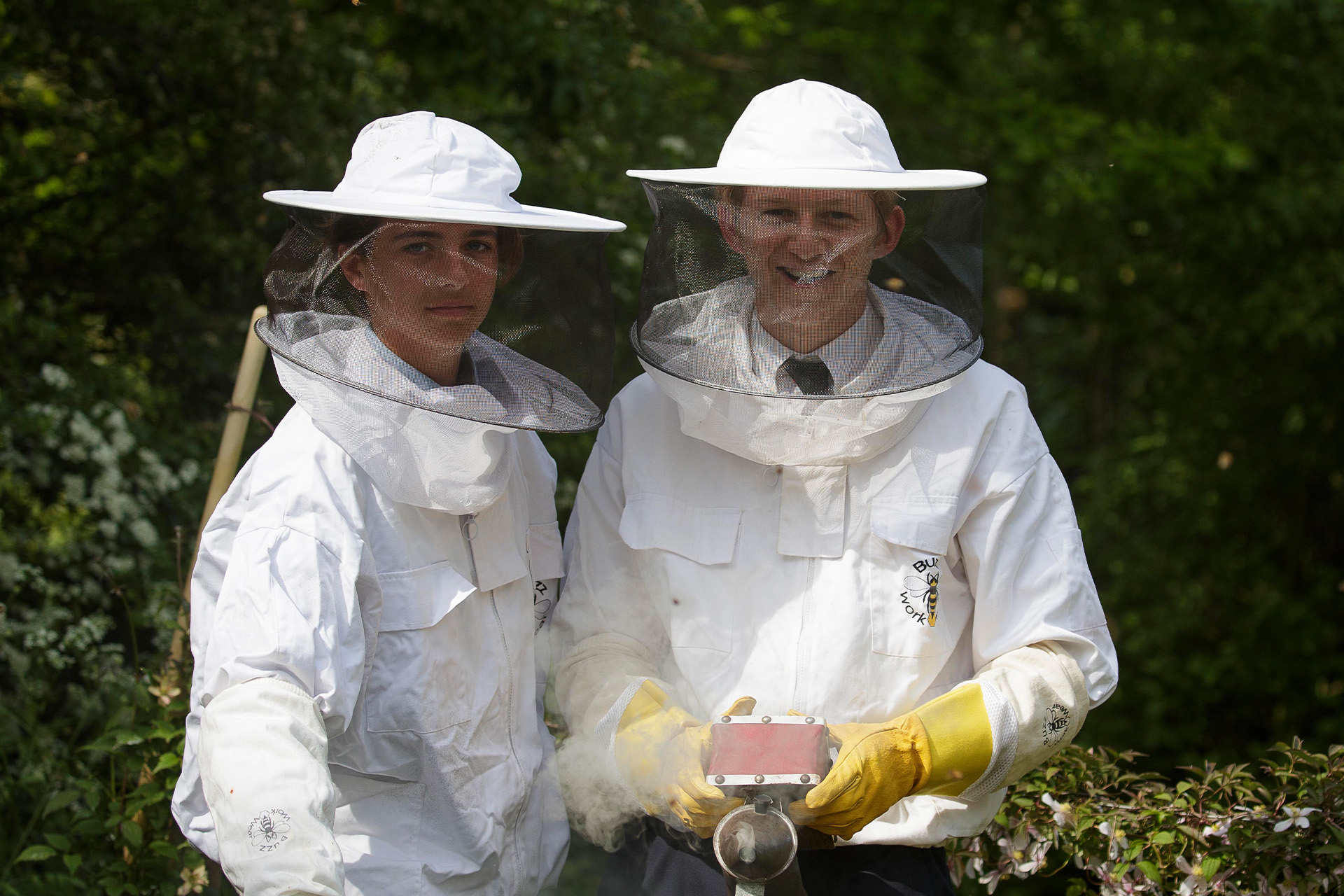
- HOME
- EDUCATION
Haileybury Commits to a Sustainable Future
By | 1 year ago
Pupils and staff at Haileybury have pledged their commitment to an extensive initiative to become more sustainable. Their vision is for the school to be carbon-neutral by 2030 and energy self-sufficient, to reduce the school’s impact on the environment, whilst, through the curriculum and co-curriculum, at the same time helping to ensure pupils are equipped with skills relevant for the modern world.
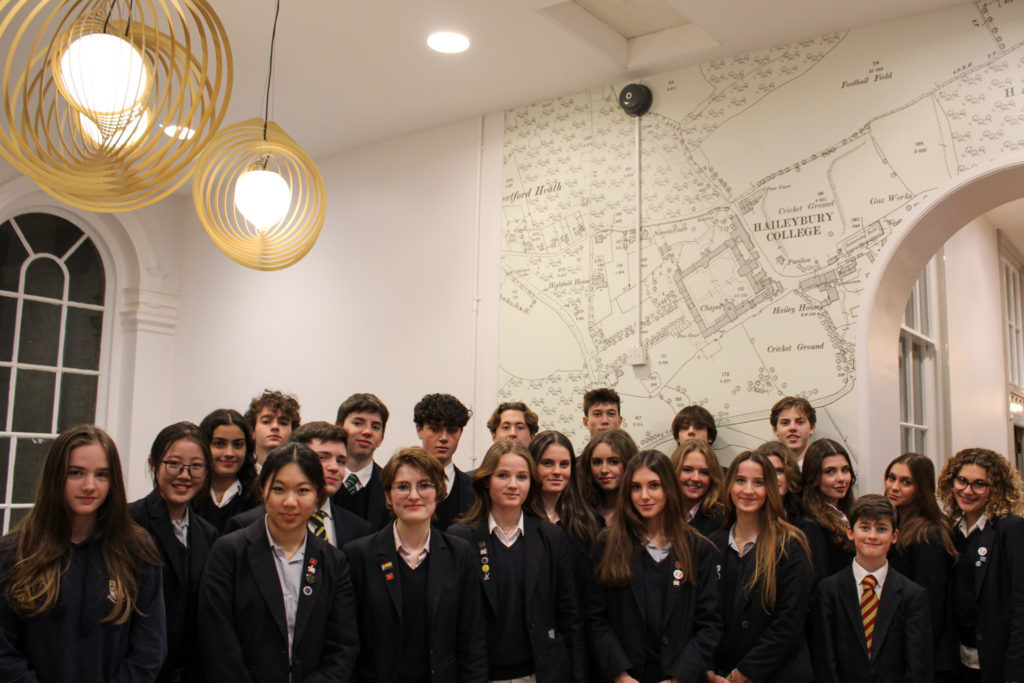
Established in 1862, Haileybury has a long-standing history of excellence. The School offers a holistic education designed to encourage pupils to develop their skills and intellectual curiosity, and to foster a love of learning and an appreciation of the world around them. As reflected in its recent Independent School Inspectorate evaluation, pupils excel in both academic and personal development and share a keen global awareness. As such, pupils have been inspired to develop the school’s sustainability practice and create a better future for their school and the wider community.
The pupil-led sustainability initiative, supported by the School’s Senior Leadership Team and guided by the school’s sustainability lead, Deputy Master Simon Heard, is centred around achieving zero carbon as well as making measured progress against all 17 of the United Nations Sustainable Development Goals. Given that energy use and carbon are considered to have the biggest impact on the environment, pupils and staff feel a moral obligation to enhance the school’s current practice, striving for an ambitious target that will aid in the greater fight against climate change.
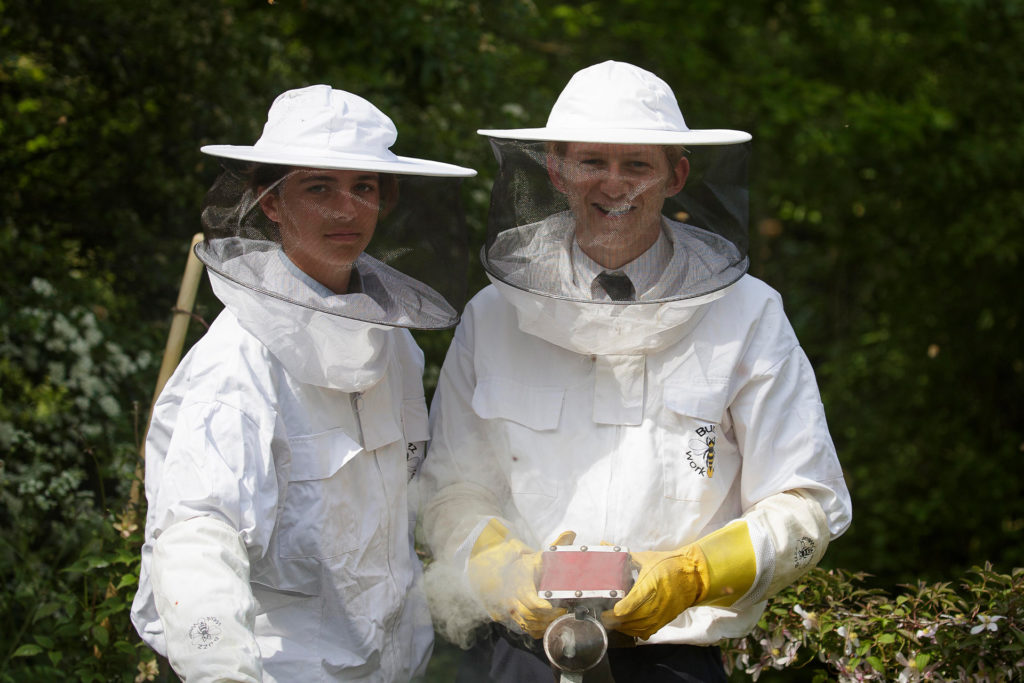
Another major objective of the initiative is for the School to become entirely energy self-sufficient, which would make it one of the first schools in the country to achieve this. Despite the magnitude of the task for a school of this size, Haileybury is passionate about creating meaningful and lasting change. Becoming energy self-sufficient will mean the school can reduce its reliance on external energy sources and be more resilient in the face of geopolitical change. Additionally, it will reduce the school’s impact on the environment and hopefully inspire other schools to follow suit, creating a legacy of eco-friendly behaviour and consciousness.
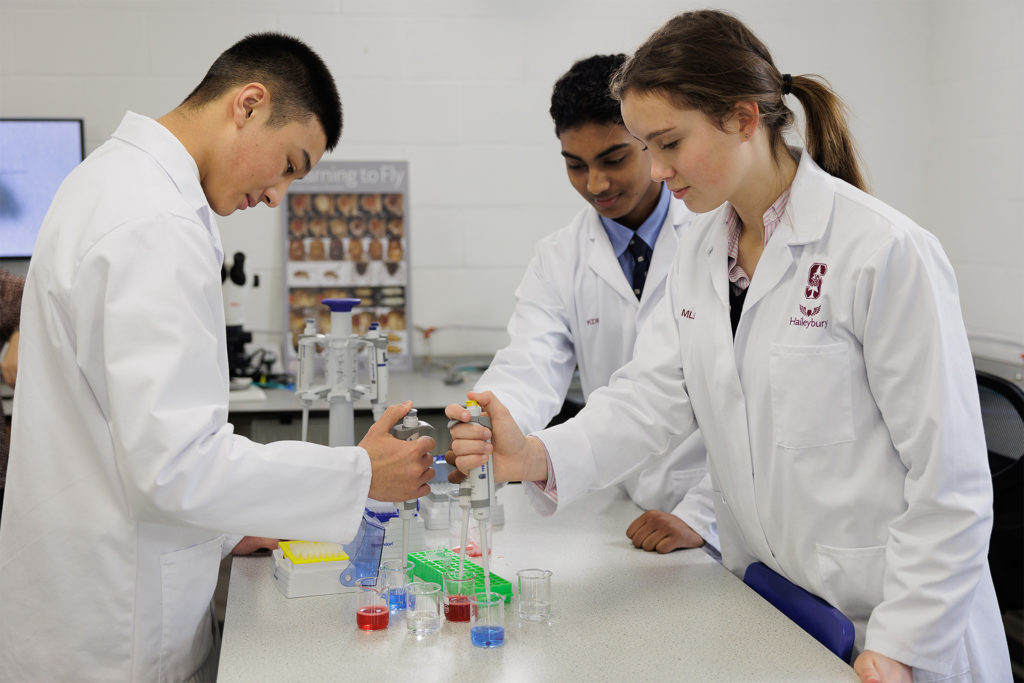
The school has a strong recent track-record of sustainable practices. Recently, work has begun on a brand new Science, Technology and Research Centre which will significantly increase current provision. This flagship structure will be sustainable, featuring solar panels, green roofs, ground-source heat pumps and a cross-laminated timber frame. The pupils’ learning within the Research Centre will equip pupils with the necessary skills to progress onto many different careers, all over the world, including in the areas of science and sustainability.
The progress of Haileybury’s sustainability strategy is due to the participation of the whole community in driving the initiative forward. Pupils, staff, parents and alumni are working in collaboration to share ideas, expand knowledge and establish best practice. Led by the pupils’
Sustainability Committee, short-term targets have already been established and action is well underway on several key work streams, which have been put together following the ideas and concepts raised in the focus groups and from those seen and recommended across the sector. These include work to reduce energy, gas, paper, water usage and waste, for example by setting new heating, lighting and printing protocols. The school is also addressing sustainability in the curriculum to appropriately educate pupils and prepare them for their future.
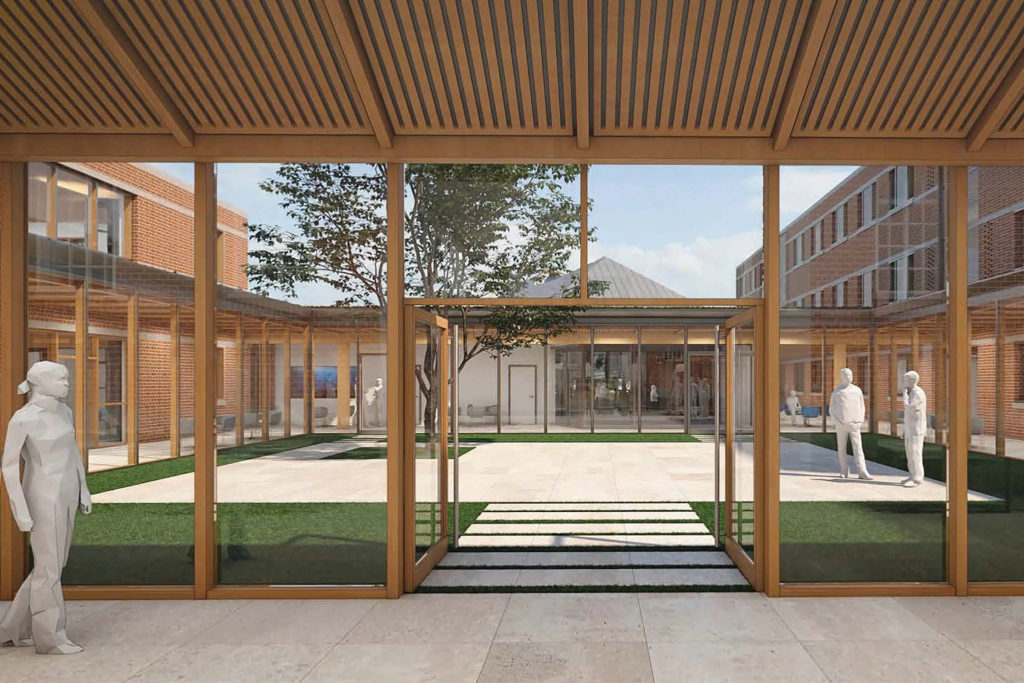
In the medium to long term, Haileybury will work with pupils and experts to further develop its strategy. The school is currently working with ReEnergise to assess the school’s carbon footprint to set a benchmark and then create a clear plan to reach zero carbon. The school will also be conducting work to protect its extensive grounds and the biodiversity within it. This includes an existing Site of Specific Scientific Interest (SSSI), and work on improving the biodiversity across the whole 500 acre estate.
Although the sustainability strategy is still in its infancy, the pupils are pleased with the progress made and are excited about the potential for the years ahead. Each phase of the project is a vital step on the path towards a fully sustainable school, for the benefit of all future generations of pupils and staff at Haileybury and beyond.
See Haileybury’s online listing here.



